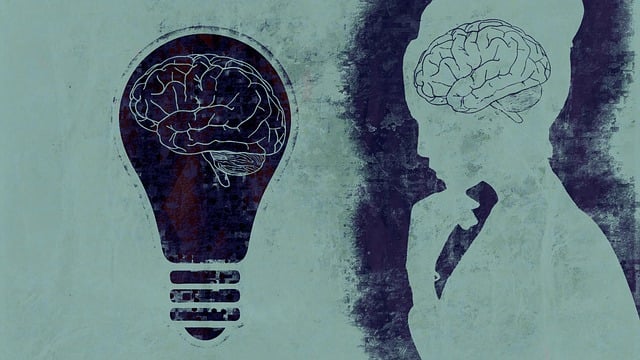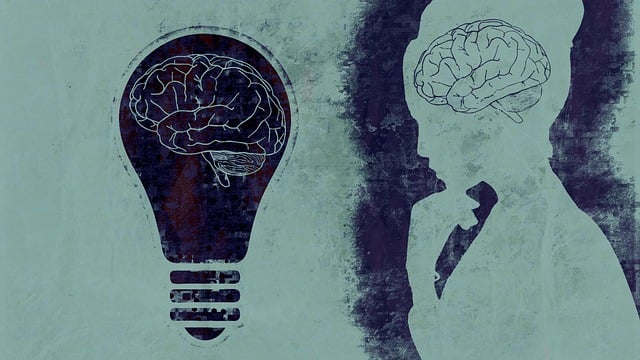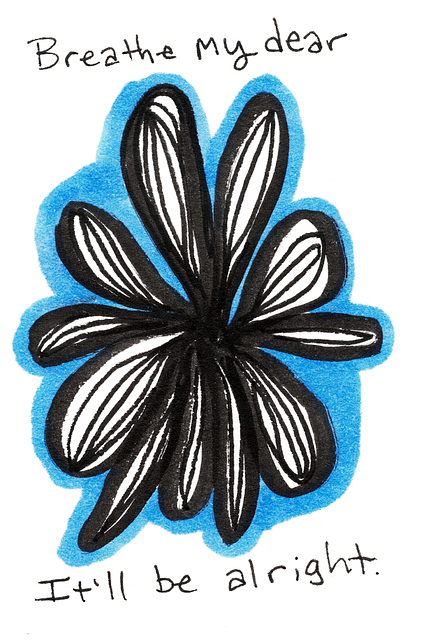Crisis intervention tailored to young adults' mental health crises focuses on immediate assistance and lasting coping strategies, fostering resilience. Key components include addressing relationship issues through safe, non-judgmental therapy, integrating self-care practices, and community outreach. This comprehensive approach empowers young adults to build healthier relationships, manage future challenges proactively, and promote long-term mental well-being, with a specific emphasis on individual and group therapy sessions for unique needs and risk management planning.
In the dynamic landscape of mental health support, crisis intervention strategies play a pivotal role in stabilizing young adults navigating turbulent times. This article guides professionals through essential tools tailored to this demographic, focusing on understanding crisis intervention fundamentals and its unique application in addressing relationship issues prevalent among young adults. We explore effective strategies to help therapists support and stabilize their clients, fostering resilience and promoting long-term well-being. Key topics include therapeutic techniques for unravelling complex relationships and practical approaches to crisis management.
- Understanding Crisis Intervention: A Foundation for Young Adults
- Identifying and Addressing Relationship Issues in Therapy
- Effective Strategies for Supporting and Stabilizing Young Adult Clients
Understanding Crisis Intervention: A Foundation for Young Adults

Crisis intervention is a critical aspect of mental health support, especially for young adults navigating challenging life situations. It involves providing immediate and targeted assistance to individuals experiencing acute distress or crises, such as relationship issues or emotional turmoil. For young adults, who are often in a phase of self-discovery and forming their identities, effective crisis intervention can be transformative.
This process goes beyond short-term relief; it equips young people with coping mechanisms and fosters resilience. By integrating therapy for young adults focusing on relationship issues, crisis interventions can enhance emotional healing processes. Moreover, incorporating self-care practices and mental health education programs designed specifically for this demographic can empower individuals to better manage future crises. Such holistic approaches ensure that young adults receive the necessary tools to navigate challenges while promoting long-term mental well-being.
Identifying and Addressing Relationship Issues in Therapy

Identifying relationship issues is a cornerstone of effective therapy for young adults. These issues often manifest as communication barriers, trust deficits, or unresolved conflicts that can significantly impact emotional well-being and overall functioning. During initial sessions, therapists should create a safe, non-judgmental space encouraging clients to explore their interpersonal dynamics. This may involve helping them recognize unhealthy patterns, such as codependency or passive-aggressive behavior, and teaching alternative communication strategies.
Addressing relationship issues requires a multi-faceted approach integrating self-care practices into the client’s routine. Encouraging young adults to prioritize burnout prevention through regular rest, exercise, and mindfulness can enhance their resilience. Additionally, community outreach program implementation can foster social connections, providing support networks outside of therapy sessions. By integrating these strategies, therapists empower clients to cultivate healthier relationships, leading to improved mental health outcomes.
Effective Strategies for Supporting and Stabilizing Young Adult Clients

Supporting young adult clients through crisis intervention requires tailored strategies that address their unique challenges and circumstances. Therapy for young adults often focuses on navigating relationship issues, which can significantly impact their mental health and overall well-being. Mental health professionals must create a safe and non-judgmental environment to foster open communication and build empathy. Effective interventions include individual therapy sessions that encourage self-reflection and skill-building, as well as group therapy to promote peer support and cultural sensitivity in mental healthcare practice.
Risk management planning for mental health professionals is crucial when working with this demographic. By incorporating strategies that enhance cultural sensitivity and empathy building, therapists can better understand the client’s background and experiences, leading to more effective crisis intervention. This holistic approach ensures that young adults receive comprehensive care tailored to their specific needs, promoting stabilization and long-term mental health recovery.
Crisis intervention plays a pivotal role in supporting young adults grappling with relationship issues. By understanding the unique challenges they face, therapists can employ effective strategies to stabilize and empower their clients. This article has provided valuable insights into crisis intervention guidance, highlighting the importance of early identification and targeted interventions for relationship problems within therapy settings. Through evidence-based practices, professionals can help young adults navigate turbulent times, fostering resilience and healthier relationships. Remember, timely support and tailored strategies are key to making a lasting difference in their lives.














